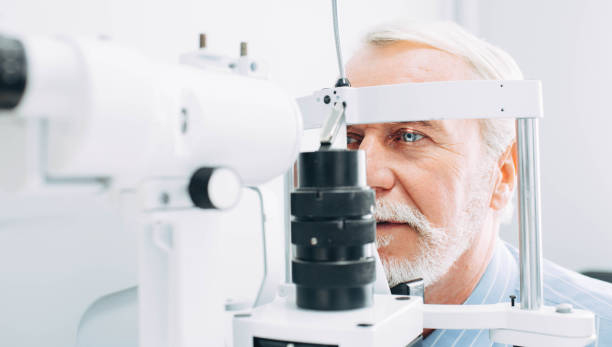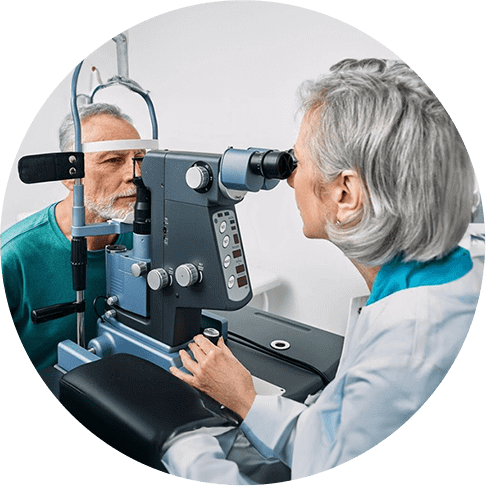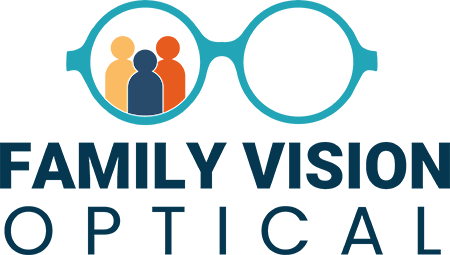
Glaucoma Treatment in Allendale, MI

Glaucoma Care at Family Vision Optical
Family Vision Optical is your hometown team for eye care, including eye disease treatment and management for conditions like glaucoma. Though glaucoma is a serious issue that can affect your vision, Dr. Nicholas Lillie and our team use advanced technology to identify signs of the condition early, and then personalize a glaucoma treatment plan to keep you seeing clearly.



Why Choose Us?
Visiting Family Vision Optical means opting for a clinic that stands at the forefront of cutting-edge technology. Our dedicated team, led by Dr. Lillie, is committed to going above and beyond in providing thorough, compassionate care. We not only utilize the most advanced tools for accurate diagnosis and treatment but also ensure a personalized approach to meet your individual needs. Experience the difference in eye care with us and take a step towards safeguarding your vision. We invite you to schedule an exam and discover the exceptional service that sets us apart.

